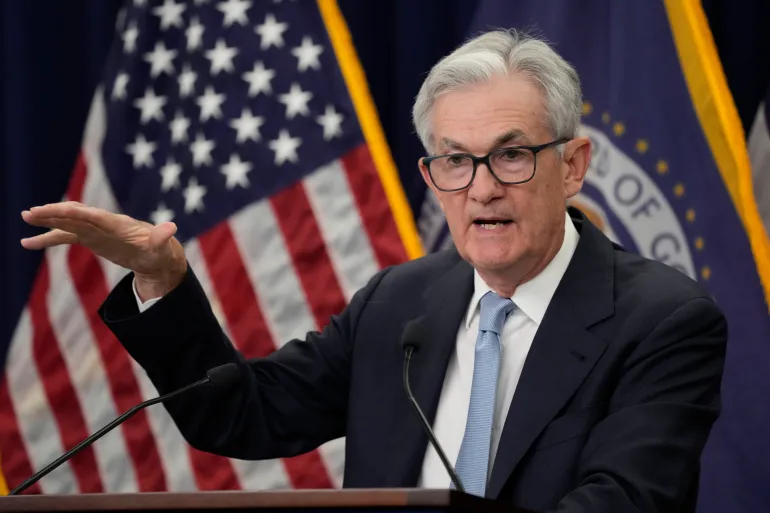The U.S. economy surprised everyone recently. The latest jobs report wasn’t great. Companies hired fewer people, and the unemployment rate went up a bit. Now, everyone is watching the Federal Reserve.
It might seem weird, but weak job numbers can actually be a good thing on Wall Street. Investors saw the slowdown and started thinking that the Fed will cut rates sooner than expected. This made stocks go up, even though many people are worried about their jobs.
It’s like two different worlds reacting to the same information.
What the Jobs Report Said
The numbers for August weren’t very good. Private companies only added 22,000 jobs, which is much lower than what people expected.
Construction jobs went down.
Manufacturing jobs went down.
Even healthcare and education, which usually do well, couldn’t make up for the losses.
The unemployment rate is now 4.3%, which is the highest it’s been in years. Also, more people are applying for unemployment benefits, which shows that the job market is slowing down quickly.
This means that it’s harder for people to find jobs, and things feel less stable.
Why Wall Street Likes Bad News
Here’s the strange part: stocks didn’t go down. They actually went up.
The reason? The Federal Reserve.
High interest rates have been hurting the economy. Mortgages are expensive, credit cards are charging more, and companies are hesitant to grow. The Fed kept rates high to control inflation.
But when the job market weakens, investors think the Fed will loosen things up by cutting rates. If borrowing money becomes cheaper, companies will invest more, people will spend more, and the stock market will do better.

So, while regular people are worried about layoffs, Wall Street sees a chance to make money.
Tech Companies Lead the Way
Tech stocks went up the most.
Companies like Apple, Microsoft, and Amazon all saw their stock prices increase. Even Broadcom, which got a huge order for AI chips, did well.
Tech companies benefit from lower rates because their value is based on how they’ll perform in the future. When rates are high, those future earnings are worth less. When rates are low, the future looks brighter.
This is why the Nasdaq, which is full of tech stocks, jumped up. It’s Wall Street saying that cheaper money means bigger opportunities for tech companies.
Bonds and Gold Also Respond
The effects weren’t limited to stocks. Bonds also went up, and the yield on the two-year Treasury note fell to its lowest level in three years. This is Wall Street’s way of saying that the Fed is about to cut rates.
Gold also went up. Investors tend to buy gold when they’re nervous about the economy. It’s a safe place to put their money.
This one jobs report caused stocks, bonds, and gold to all go up in the same day. It was pretty crazy.
A Different Story for Regular People
But for most people, things feel different.
A weaker job market means fewer job openings. It’s harder to get a raise, and people are more stressed.
Families who are struggling to pay their bills aren’t happy about Wall Street’s gains. They’re just trying to make it from paycheck to paycheck. Rate cuts might sound good, but having a secure job is more important.
It’s the classic divide between Wall Street, which focuses on the future, and Main Street, where people are just trying to get by.
The Fed’s Difficult Decision
Now, all the pressure is on Jerome Powell and the Federal Reserve. Their next move will have a big impact.

Some people think they’ll make small cuts to interest rates. Others think they’ll make big, fast cuts.
But there are risks involved. If they cut rates too soon, inflation could come back. If they wait too long, the job market could get even worse.
The Fed is trying to strike a balance. Prices have gone down a bit, but they’re not back to normal. The job market is slowing down, but it hasn’t collapsed. The Fed has a tough decision to make, and everyone is watching.
What It Means for You
Here’s what it all means for you:
Lower rates could mean cheaper mortgages, which is good if you’re looking to buy a house.
Car loans and credit cards could become less expensive, which would help people who are in debt.
Businesses might borrow more money, which could create new jobs.











